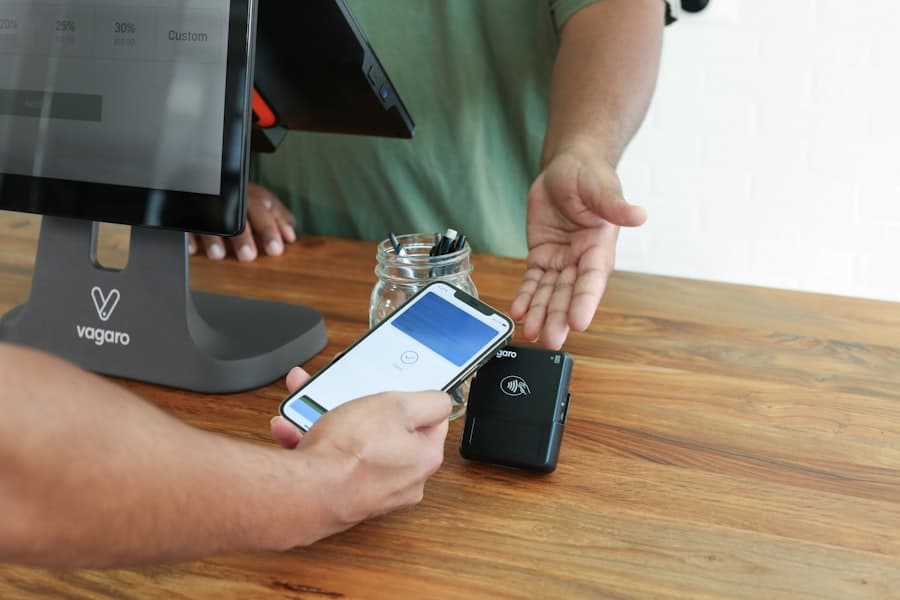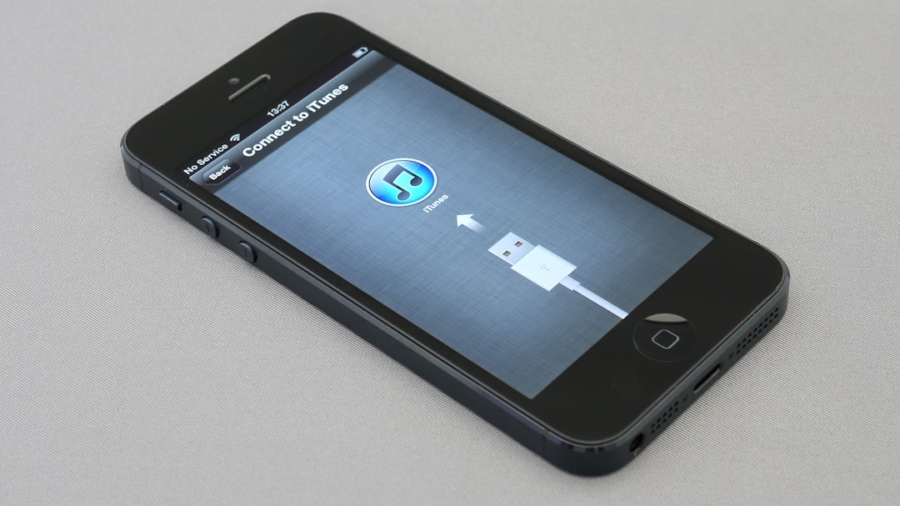The advent of 5G technology marks a significant leap in the evolution of mobile communication, promising to revolutionize how we connect, communicate, and interact with the digital world. Unlike its predecessors, 5G is designed to deliver ultra-fast data speeds, reduced latency, and the ability to connect a vast number of devices simultaneously. This next-generation network operates on a higher frequency spectrum, enabling it to transmit data at speeds that can reach up to 10 gigabits per second, which is approximately 100 times faster than 4G LTE.
Such capabilities not only enhance mobile broadband experiences but also pave the way for innovative applications across various sectors, including healthcare, transportation, and smart cities. The implications of 5G extend beyond mere speed enhancements; it introduces a paradigm shift in connectivity. With its low latency—often as low as one millisecond—5G facilitates real-time communication and interaction, which is crucial for applications such as autonomous vehicles and remote surgeries.
Furthermore, the technology supports a massive increase in device density, allowing millions of devices to connect within a single square kilometer. This characteristic is particularly vital in the context of the Internet of Things (IoT), where smart devices require seamless communication to function effectively. As industries begin to harness the potential of 5G, the demand for secure and efficient digital identity validation becomes increasingly critical.
Key Takeaways
- 5G technology is the next generation of mobile internet connectivity, offering faster speeds and more reliable connections.
- Seamless digital ID validation is becoming increasingly important in a digital world, where identity theft and fraud are growing concerns.
- 5G enhances digital ID validation by providing faster and more secure data transmission, enabling real-time identity verification.
- 5G plays a crucial role in secure and efficient authentication by enabling biometric authentication and reducing latency in identity verification processes.
- 5G’s impact on mobile identity verification includes improved accuracy, speed, and reliability in verifying users’ identities.
The Need for Seamless Digital ID Validation
In an increasingly digital world, the need for robust identity validation mechanisms has never been more pressing. As online transactions and interactions proliferate, so too do the risks associated with identity theft and fraud. Digital identity validation serves as a safeguard against these threats, ensuring that individuals are who they claim to be before granting access to sensitive information or services.
This process is essential not only for financial transactions but also for accessing healthcare services, government resources, and various online platforms that require personal information. The traditional methods of identity verification often fall short in terms of efficiency and security. For instance, many systems rely on static passwords or knowledge-based questions that can be easily compromised.
Additionally, the increasing sophistication of cyberattacks necessitates a more dynamic approach to identity validation. As organizations strive to enhance user experience while maintaining security, seamless digital ID validation becomes paramount. This need is further amplified by regulatory requirements such as Know Your Customer (KYC) and General Data Protection Regulation (GDPR), which mandate stringent identity verification processes to protect consumer data and privacy.
How 5G Enhances Digital ID Validation

5G technology significantly enhances digital ID validation by providing the infrastructure necessary for real-time data processing and secure communications. The high-speed capabilities of 5G enable organizations to implement advanced biometric authentication methods, such as facial recognition and fingerprint scanning, which require rapid data transmission and processing. For example, a financial institution could utilize 5G networks to verify a customer’s identity through facial recognition within seconds, allowing for instantaneous access to banking services without compromising security.
Moreover, the low latency characteristic of 5G facilitates seamless interactions between users and verification systems. In scenarios where immediate access is critical—such as emergency medical services or secure online transactions—5G ensures that identity validation processes occur without delay. This immediacy not only enhances user experience but also reduces the likelihood of abandonment during critical transactions.
Additionally, the ability to connect numerous devices simultaneously means that organizations can deploy multiple verification methods concurrently, further strengthening security protocols.
The Role of 5G in Secure and Efficient Authentication
The role of 5G in secure and efficient authentication cannot be overstated. With its enhanced capabilities, 5G enables organizations to adopt multi-factor authentication (MFA) strategies that combine various verification methods for increased security. For instance, a user attempting to access a secure application could be required to provide a password, undergo biometric verification, and receive a one-time code via SMS—all facilitated by the rapid data transmission capabilities of 5G.
This layered approach significantly reduces the risk of unauthorized access while maintaining a smooth user experience.
The technology supports advanced encryption protocols that protect data in transit, making it exceedingly difficult for malicious actors to intercept sensitive information during transmission.
Additionally, the decentralized nature of 5G networks allows for more resilient authentication systems that are less susceptible to single points of failure. By leveraging these security enhancements, organizations can build trust with their users, knowing that their identity validation processes are fortified against potential threats.
5G’s Impact on Mobile Identity Verification
The impact of 5G on mobile identity verification is profound, transforming how individuals authenticate their identities in various contexts. With the proliferation of mobile devices and applications, users increasingly rely on their smartphones for identity verification purposes. 5G enhances this experience by enabling faster and more reliable connections, allowing users to complete verification processes with minimal friction.
For example, mobile banking apps can utilize 5G to facilitate instant identity checks when users attempt to log in or conduct transactions. Moreover, the integration of 5G with emerging technologies such as artificial intelligence (AI) and machine learning (ML) further amplifies its impact on mobile identity verification. AI algorithms can analyze user behavior patterns in real-time, identifying anomalies that may indicate fraudulent activity.
When combined with the speed and efficiency of 5G networks, these technologies can provide proactive security measures that adapt to evolving threats. As a result, mobile identity verification becomes not only faster but also smarter, enhancing overall security while improving user satisfaction.
Advantages of 5G in Digital ID Validation

The advantages of implementing 5G technology in digital ID validation are manifold. One of the most significant benefits is the enhanced speed and efficiency it offers. With data transmission rates reaching unprecedented levels, organizations can process identity verification requests almost instantaneously.
This rapid processing capability is particularly beneficial in high-stakes environments where time is critical, such as financial services or emergency response scenarios. Another advantage lies in the scalability of 5G networks. As organizations expand their digital services and user bases grow, the ability to connect millions of devices simultaneously becomes essential.
5G’s architecture supports this scalability without compromising performance or security. Additionally, the technology’s low latency ensures that even as demand increases, users experience minimal delays during verification processes. This scalability not only enhances operational efficiency but also allows organizations to innovate and introduce new services that rely on secure identity validation.
Challenges and Considerations in Implementing 5G for Digital ID Validation
Despite its numerous advantages, implementing 5G technology for digital ID validation is not without challenges. One significant concern is the infrastructure required to support widespread 5G deployment. The transition from existing networks to 5G necessitates substantial investment in new hardware and software systems, which can be a barrier for many organizations—especially smaller enterprises with limited resources.
Additionally, ensuring compatibility between legacy systems and new 5G technologies poses technical challenges that must be addressed during implementation. Another consideration is the potential privacy implications associated with enhanced data collection capabilities enabled by 5G networks.
Striking a balance between leveraging technology for improved security while respecting user privacy rights is crucial for maintaining trust in digital ID validation processes.
The Future of Digital ID Validation with 5G Technology
Looking ahead, the future of digital ID validation with 5G technology appears promising yet complex. As organizations continue to adopt 5G networks, we can expect a surge in innovative identity verification solutions that leverage the unique capabilities of this technology. For instance, we may see the emergence of decentralized identity systems powered by blockchain technology that utilize 5G for real-time verification without relying on centralized authorities.
Moreover, as artificial intelligence continues to evolve alongside 5G technology, we can anticipate more sophisticated authentication methods that adapt dynamically to user behavior and emerging threats. These advancements will likely lead to more personalized user experiences while enhancing security measures against fraud and identity theft. In conclusion, while challenges remain in implementing 5G for digital ID validation, the potential benefits are substantial.
As organizations navigate this transformative landscape, they will need to prioritize security and privacy while embracing innovation to create seamless and secure identity verification processes that meet the demands of an increasingly digital world.
If you are interested in how technology is transforming various aspects of our lives, you may also enjoy reading about

